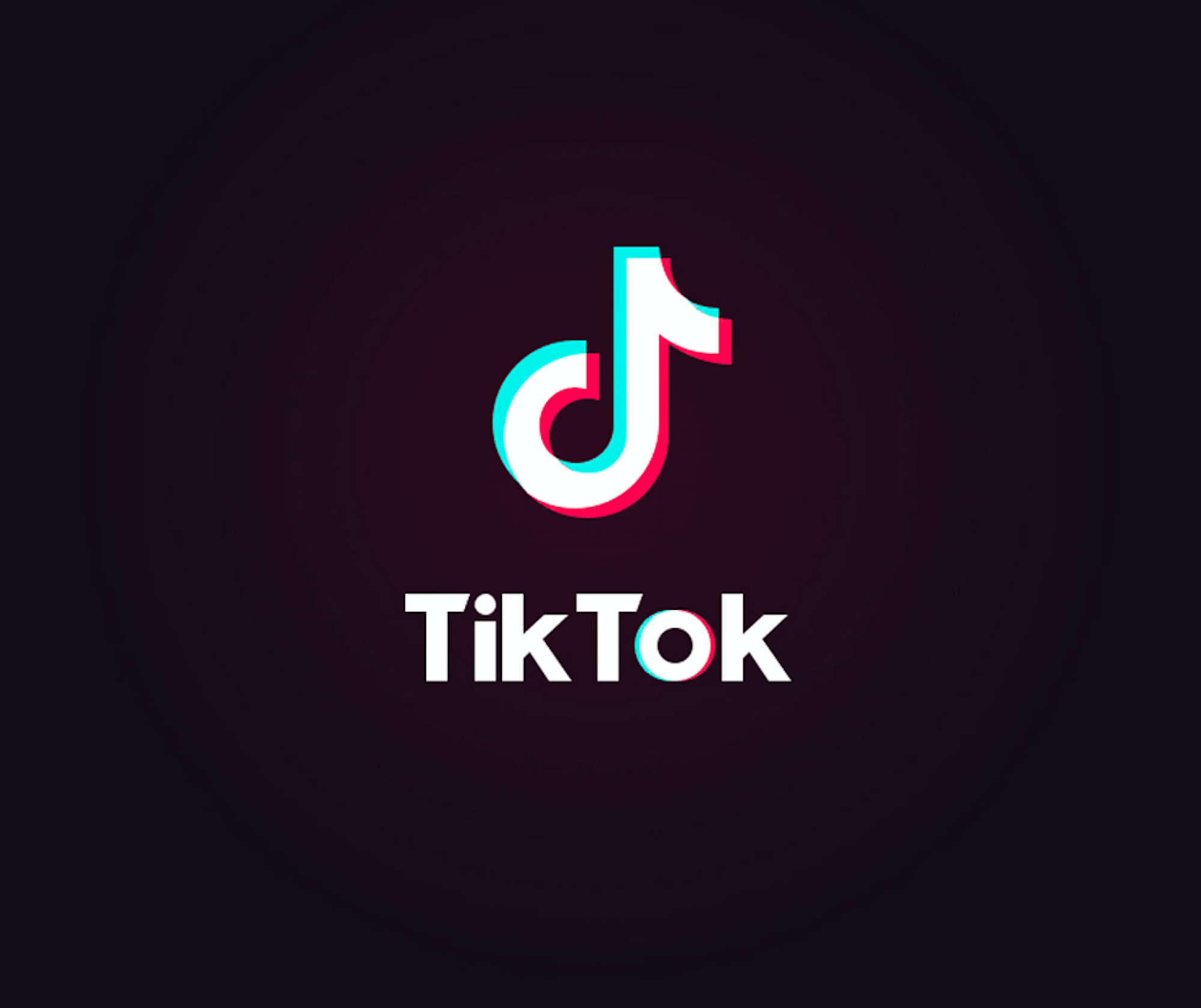With a user base that apparently includes 500 million people, TikTok, the video sharing app where people post clips of themselves lip syncing to songs and short skits, is no longer a social media dark horse. And as we’ve seen with the likes of Facebook and Snapchat, the bubble can burst quickly. A new investigation by the BBC has found that young users have been giving digital “gifts” to influencers on the app in exchange for things like shoutouts and even private phone numbers. According to the report, many of these (paid for) promises remain undelivered.
On TikTok, users are able to broadcast live for their fans. During these live streams, the people watching can, if they so desire, “gift” their favourite content creators with virtual items, the value of which varies from 5p to nearly £50. These gifts — essentially a digital form of tipping — come in the shape of on-screen animations, the highest priced virtual gift being nicknamed the “drama queen”. During a single live stream, the BBC reports, a popular user can earn thousands of pounds.
On a base level, there’s nothing wrong with content creators making money from their work. Where it becomes murky, however, is both that the age demographic for TikTok skews younger than most social media platforms, and the nature of the promises that influencers are offering in exchange for gifts.
According to data collected by mobile market insights firm Fuller, over 60% of TikTokers are under the age of 30, with the largest proportion in their teens. This is not, in itself, a problem: instead it’s that many of these young people, some as young as 13, have ended up spending hundreds on gifting their favourite users.
Then, there are the unfulfilled promises. The BBC said that they spent weeks monitoring different live streams and saw multiple instances of people offering things like shout outs, follow backs, “duets” and even private phone numbers in exchange for these virtual items. Some users delivered on their perks, while others, such as US TikToker Sebastian Moy, who has 3.8 million followers, did not. Things get murkier still when you realise that TikTok takes a cut of these “gifts”, which some influencers said was as high as 50% of revenues earned.
Given the age of many TikTok users, there is a debate about who should be held accountable for the money being spent and whether the app itself should offer some restrictions for its younger users. This matter is complicated even further when you consider that, despite it being against TikTok’s terms of usage, many users are under the age of 13; only this year, the app was slapped with a $5.7 million fine for collecting the data of children.
In a statement to the BBC, the Chinese firm who own TikTok, Bytedance, said that they did not condone “behaviours that are deceptive in nature”, adding: “We recognise there is always room for improvements in terms of making guidelines and information more accessible, clear and easy-to-understand for all users.”
While no laws have been broken, there is something eerily similar to online gambling about in-app purchases and these digital gifts — only with the added factor of there being no age restrictions in place. The question remains, however, of what, if anything, can be done.


